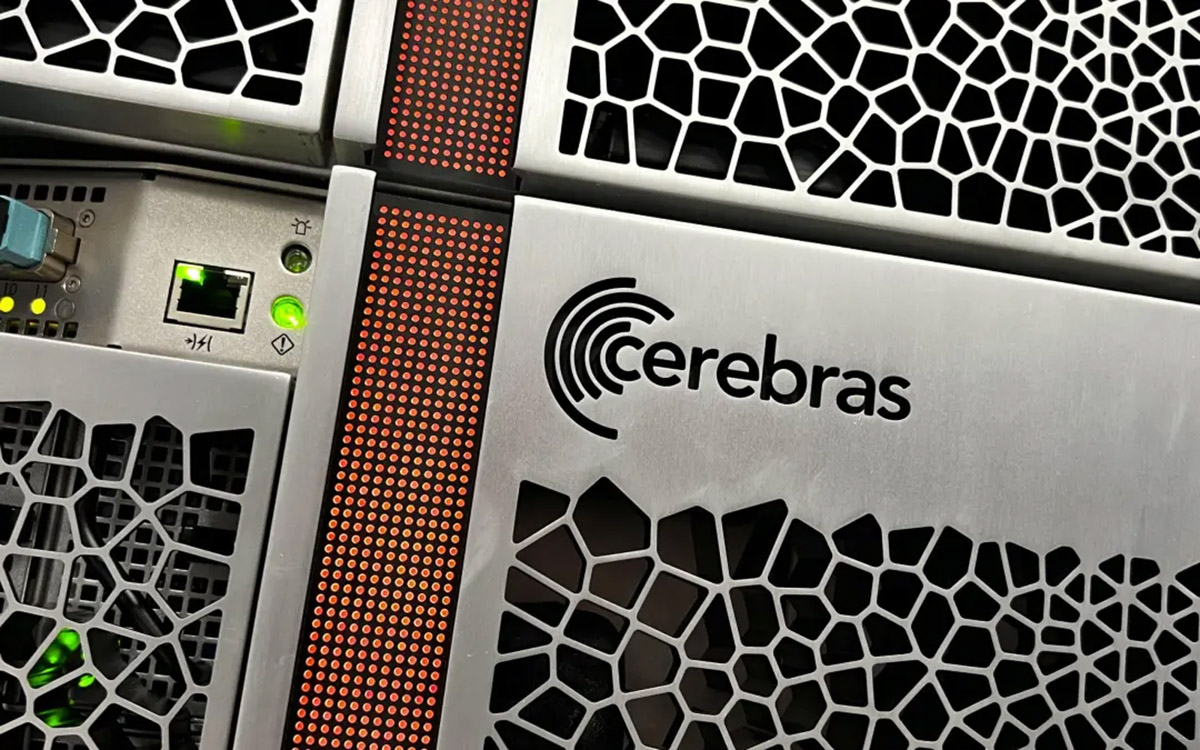In the beginning, the most powerful machine at the Pittsburgh Supercomputing Center was only half as powerful as a present-day iPhone. Thirty-eight years later, its systems are so robust they’re being tasked with supporting AI research and education at a national scale.
The PSC’s Neocortex supercomputer is one of six selected for the National AI Research Resource Pilot Program (NAIRR), a project from the National Science Foundation to explore trustworthy AI.
“Our team is eager and prepared to provide cutting-edge computing technologies and specialized expertise, supporting researchers as they explore the frontiers of both fundamental and applied AI research,” PSC Director of AI and Big Data Paola Buitrago told Technical.ly.
“We believe in the program’s potential to shape the AI landscape,” Buitrago said, “and look forward to playing a key role in its success.”
The PSC was founded in 1985 as a collaboration between the University of Pittsburgh and Carnegie Mellon University. It now boasts high-performance computing (HPC) systems and a wide range of expertise in areas such as communications and data storage. Its work and resources are available to scientists and engineers across the nation for unclassified research.
The 72-person staff working in the Monroeville-based facility is spread across teams of data curators, a networking group, a cybersecurity group, an artificial intelligence team, and a business office.
“Our mission sort of is a two-word phrase: enabling science,” PSC executive director David Moses said. “So you know, scientists can make all kinds of discoveries, and add to the basis of scientific knowledge by using our resources.”
Over the years, the center’s most notable accomplishments include a Harvard University team using it’s Bridges-2 to develop a cancer diagnosis tool, the National Institutes of Health (NIH) using the Bridges-2 system to improve outcome prediction for Medicare patients, and the Bridges-2 system to create the first map of the Milky Way without using electromagnetic waves, according to Moses.
Moses, who has led the PSC for 16 years, feels the center has achieved its mission to “enable science” many times over.
Sometimes that means making advances that resonate nationally, he said, other times it means providing network connectivity to local schools like Duquesne University and La Roche University. Either way, having access to PSC computing and knowledge can make all the difference.
“Many of our researchers have published in scientific journals about the work they have done using our resources,” Moses said. “We also have folks that have done work within PSC … published in scientific journals, Science magazine and other places like that.”
The Pittsburgh-area operation is one of five centers founded by the National Science Foundation, including the John von Neumann Center at Princeton University, the Cornell Theory Center at Cornell University, the National Center for Supercomputing Applications at the University of Illinois at Urbana–Champaign and San Diego Supercomputer Center on the campus of the University of California.
Now the group of supercomputing hubs are being tapped to lead the country in the new frontier of artificial intelligence with the NAIRR project.
Ultimately, whether it’s ensuring connectivity or enabling research — and though it might operate under the radar and outside the city limits — Moses believes the Pittsburgh Supercomputing Center is an indispensable resource for technologists who live and work in the city.
“The PSC is a very important resource for the western Pennsylvania region,” Moses said. “We are one of five such supercomputing centers in the country. And the state of Pennsylvania recognizes our importance.”







